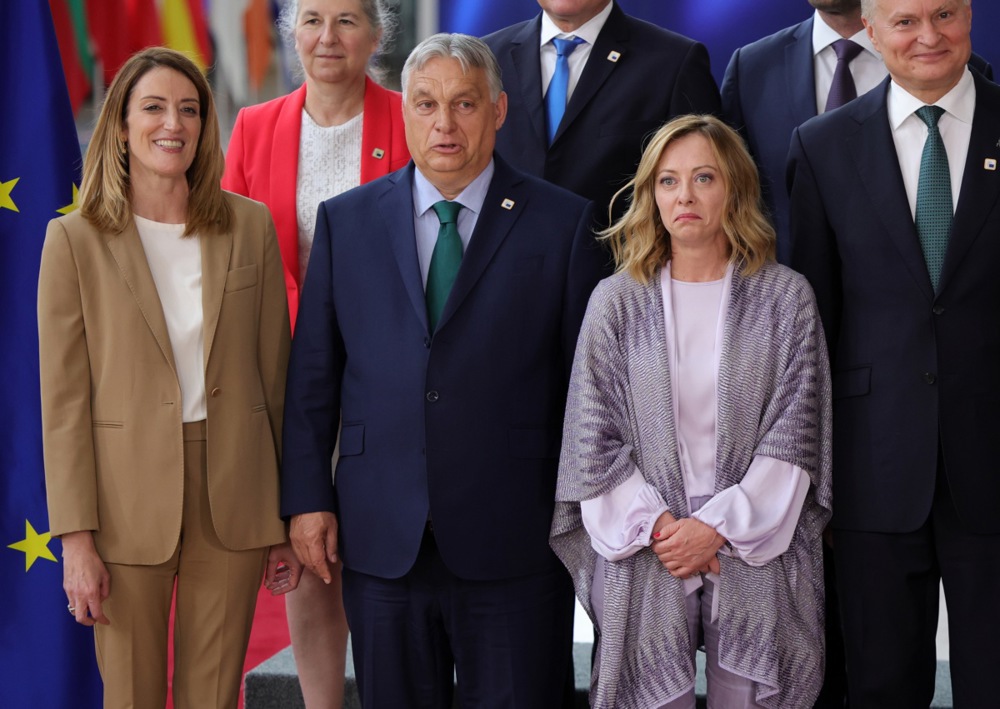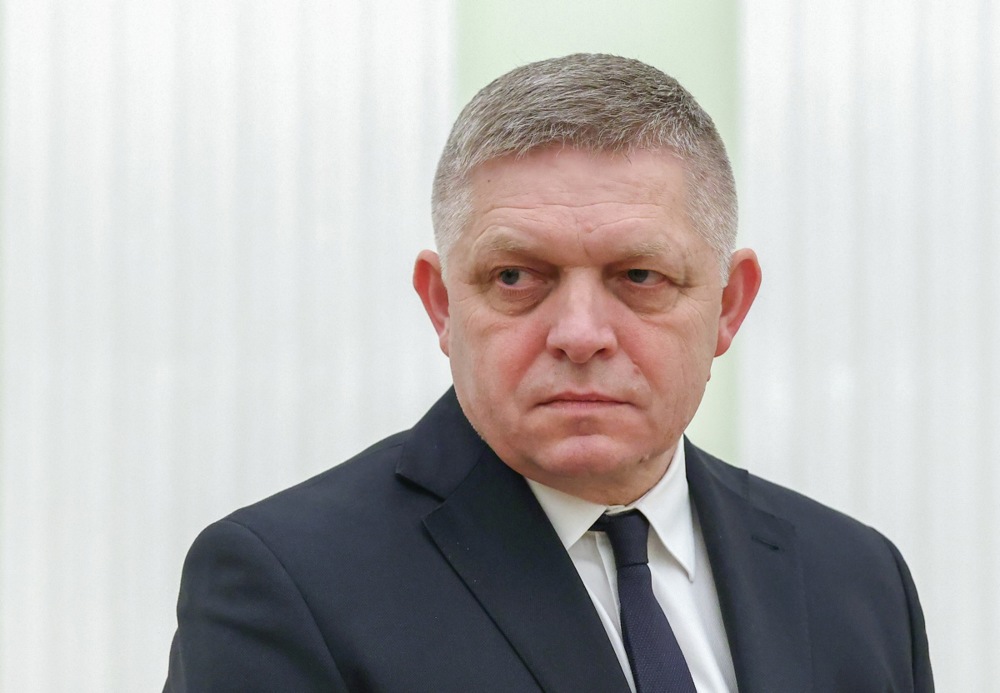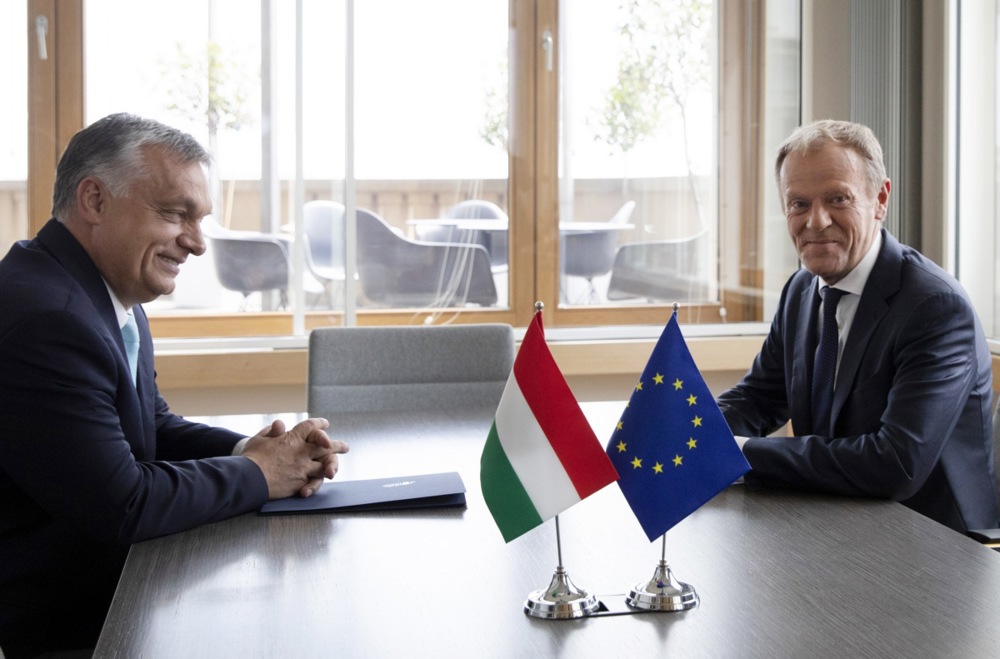The Austrian governmental crisis following Chancellor Karl Nehammer’s resignation has ended the cordon sanitaire imposed on the winning Freedom Party of Austria (FPÖ) after the September 2024 elections.
Leader of the People’s Party (ÖVP) Nehammer announced on January 4 that he planned to step down as both head of government and president of his party. This decision followed the collapse of coalition negotiations with the Social Democrats the day before.
“After the breakdown of coalition talks … I will step down from my roles as chancellor and president of the ÖVP in the coming days, ensuring a smooth transition,” Nehammer stated on the social media platform X.
The announcement came more than three months after the legislative election on September 29. In that, the FPÖ, led by Herbert Kickl, emerged as the most popular party with 28.8 per cent of the vote.
The FPÖ had been unable to form a government due to a political cordon sanitaire imposed by other parties, labelling it as “far-right”. The ÖVP finished second with 26.3 per cent, followed by the Social Democratic Party (SPÖ) with 21.1 per cent. The FPÖ has however taken part in previous government coalitions, the last time being 2019 (with ÖVP).
Efforts to form a coalition involving the ÖVP, SPÖ and the Liberal Neos party fell apart on January 3, when Neos withdrew from the talks. Nehammer confirmed the following day that “an agreement with the SPÖ is impossible on key issues”, ending the negotiations.
Wir haben lange und redlich verhandelt. In wesentlichen Punkten ist mit der SPÖ keine Einigung möglich. Die Volkspartei steht zu ihren Versprechen: Wir werden leistungs- und wirtschaftsfeindlichen Maßnahmen oder neuen Steuern nicht zustimmen. Daher beenden wir die Verhandlungen… pic.twitter.com/evKgQbtTwq
— Karl Nehammer (@karlnehammer) January 4, 2025
Austria’s President, Alexander Van der Bellen, a member of the Green Party and a vocal critic of Kickl, announced on January 5 that he would meet with the FPÖ leader on January 6.
In a brief televised address, Van der Bellen acknowledged that opposition within the ÖVP on collaboration with Kickl had softened after Nehammer’s resignation. “I have used the last few hours to speak to numerous political decision-makers. During these discussions, the picture emerged that the voices within the People’s Party that rule out cooperation with an FPÖ under Herbert Kickl have become significantly quieter,” he said.
In an emergency meeting following Nehammer’s decision, the ÖVP leadership appointed Christian Stocker, the party’s general secretary, as interim president. The ÖVP also expressed its willingness to negotiate with the FPÖ to form a coalition.
Although Austrian law gives the President full discretion in appointing someone to form a government, it is customary for the leader of the most popular party to be given the mandate.
Initially, though, Van der Bellen had declined to grant that to Kickl, prompting the FPÖ leader to accuse him of ignoring voters’ will and creating “political chaos” by enforcing the cordon sanitaire.
Kickl described Nehammer’s resignation as “logical but overdue” and argued that SPÖ leader Andreas Babler should also step down.
“With Nehammer, both Babler and Van der Bellen have failed. They were the architects of the losers’ alliance and are now left with the ruins of their strategy to block the FPÖ,” Kickl said.
The FPÖ leader now finds himself in a potentially favourable position; the only alternative to a coalition agreement with the ÖVP would be snap elections. current polls predict an even stronger victory for the FPÖ, with around 35 per cent of the vote compared to the 28.8 per cent it secured in September.
The lower house of Austria’s parliament has voted to lift the parliamentary immunity of Herbert Kickl, leader of the right-wing Freedom Party. https://t.co/1QUSSH6PXi
— Brussels Signal (@brusselssignal) December 12, 2024





